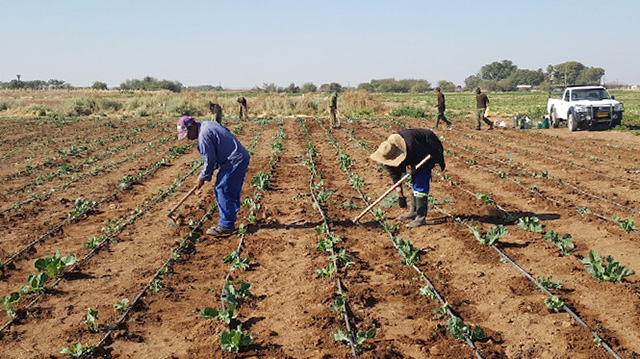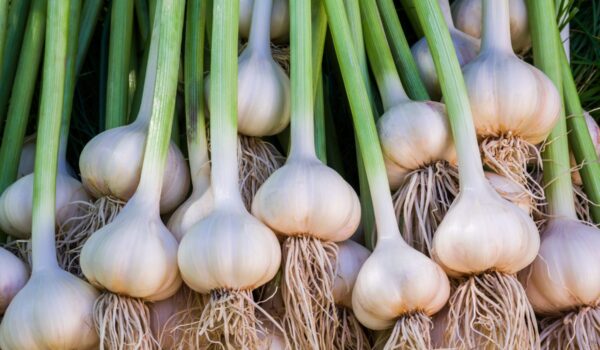
By: Josefina Lukas
THE Ministry of Agriculture, Water and Land Reform has invested a combined amount of N$14,7 million to support small scale-farmers improve their yields over the past three years.
The deputy minister of agriculture, Anna Shiweda said this fund has benefited 548 farmers who received support in the form of drip irrigation systems.
Shiweda said the horticulture support initiative launched in 2020 aimed to benefit about 1 300 small-scale farmers farming on an average production land size of 0.01 to 0.5 hectares.
The support to farmers ranges from seeds, fertilisers, pesticides, tillage and technical assistance, Shiweda said.
Shiweda made these remarks while responding to questions posed by Popular Democratic Movement (PDM) leader McHenry Venaani in the National Assembly last week.
Venaani had sought clarity on the strategies and mechanisms the government intends to employ to assist and incentivise farmers who demonstrate a commitment to experimenting with drip irrigation schemes.
While drip irrigation systems are most successful in terms of water efficiency and agricultural production, Shiweda told parliament these systems demand a large initial commitment of cash to be implemented.
“In addition it needs good quality water and cannot be used for cereals,” she said.
Despite this support, Shiweda acknowledged that the ministry had not yet completed a thorough analysis of all 548 farmers it had provided drip irrigation support with.
The deputy minister acknowledged that the cost of water was another factor affecting productivity for small-scale farmers.
For example, she said, farmers who use tap water for horticulture in the Oshana region pay between N$1 500 and N$6 000 per month to irrigate crops on tiny plots of land that are between 0.2 and 0.5 hectares in size.
From that investment, Shiweda said farmers could make a monthly turnover ranging from N$1,000 to N$30,000.
This, she said, is a sign that, should farmers use less expensive water, the turnover may be greater.
“This means that if drip irrigation is promoted among small scale communal farmers who use a cheaper water source, then their production and turnover could increase significantly,” said the deputy minister.
Given Namibia’s unpredictable weather conditions, Shiweda said it is essential to promote all forms of irrigation systems, taking into account the soil and crop types to improve productivity.
“The preferred or chosen irrigation technology should take these factors into consideration. Given the dry nature of Namibia and the resultant variable and unpredictable rainfall patterns, it is impossible for us to achieve our goals on food security and food self-sufficiency, through a rain dependent crop production system alone,” she emphasised.
Shiweda also told the August House that the government’s overarching objective is to boost grain and horticulture output in order to close the present food import deficit, guarantee national food security, and ultimately work towards achieving food self-sufficiency.









Comments